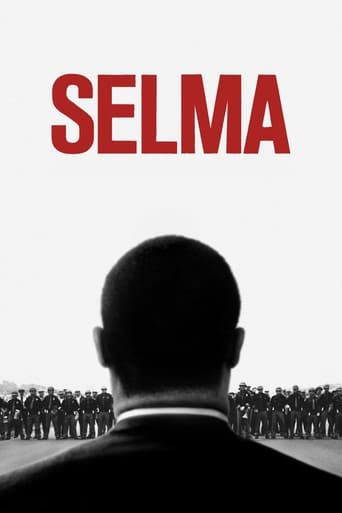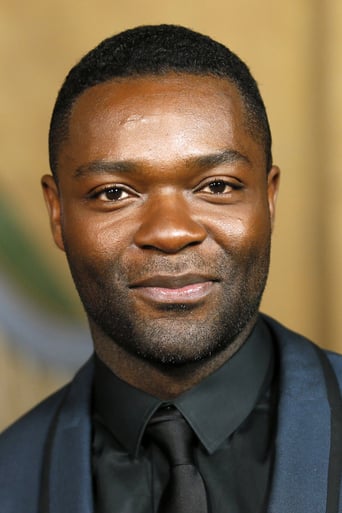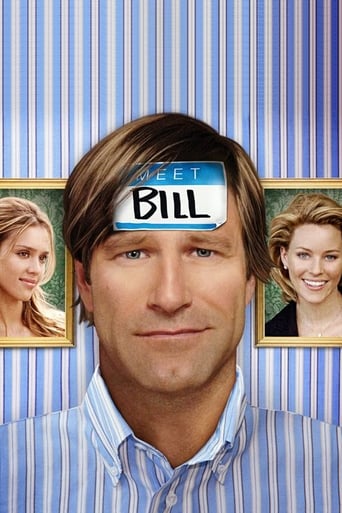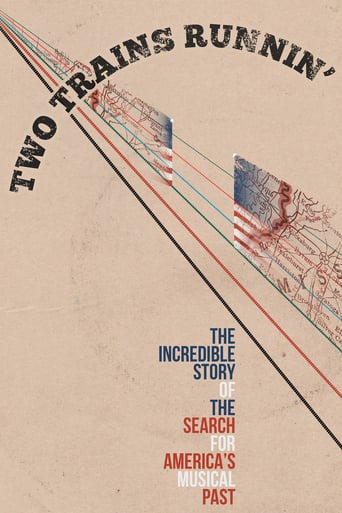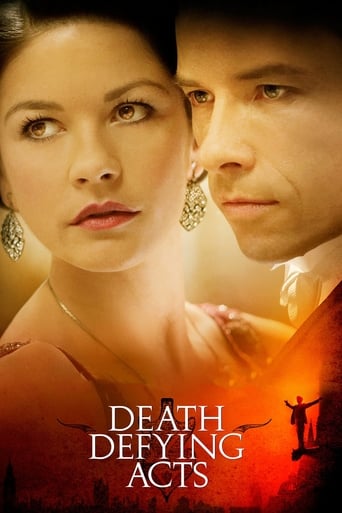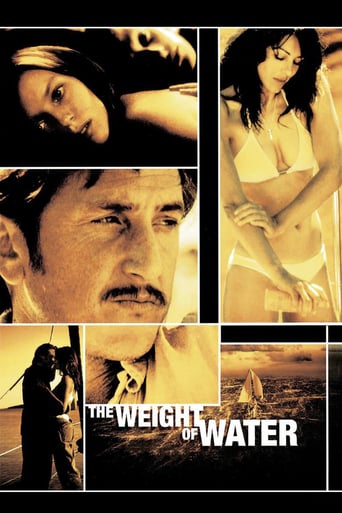Selma (2014)
"Selma," as in Alabama, the place where segregation in the South was at its worst, leading to a march that ended in violence, forcing a famous statement by President Lyndon B. Johnson that ultimately led to the signing of the Voting Rights Act.
Watch Trailer
Cast


Similar titles
Reviews
Magnificent re-telling of struggle for recognition of black voting rights. Incredibly it wasn't awarded an Oscar. Only real qualm is the soundtrack which is all over the place. Oyelowo's central performance holds everything together. Film doen't try to be over-ambitious with result that it isn't over-blown.
This honest film shows the struggles of King and his followers against a white majority rule in America. They fought to bring down that rule and this movie tells part of that story. Before the civil rights protests shed light on the issue, the US had a very high crime rate, with rapes and murders skyrocketing. King showed that by granting equal rights to everyone that a white majority would be happier and feel better doing the right thing. Right after President Johnson singed the act, crime went down, rapes stopped, except white males still attacked African American women without remorse, and society became a utopia of tolerance and diversity for those in the movement. Equal rights were given to all non whites, and white supremacy was broken. All because of this movement. Well done director, well done.
The 15th Amendment to the Constitution guaranteeing all Americans the right to vote was ratified in 1870, and yet almost a century later (1965) when the events of "Selma" transpired, no more than 2% of African-American citizens were registered to vote in many deep-South counties. And as we see in the beginning of Selma, you practically had to memorize the U.S. Constitution to satisfy the county registrars, but that still might not be good enough. So, as depicted in this dramatically stirring film, Martin Luther King has to mobilize his marchers in Alabama and incur horrendous beatings from the Alabama troopers, and thereby dramatize the injustice of the voting impediments that are brought to bear on black Alabamans. This elicits the nation's political attention and white sympathy. All of this culminates in the landmark Voting Rights Act of 1965.The British actor, David Oyelowo, seems to be the reincarnation of ML King. He looks remarkably like him, and even sounds like him, even when he's portraying King's masterful oratory. In Selma, King's tactical shrewdness is depicted to great effect. He protected the safety of his followers, to the extent he could, but he realized that the Bull Connor's (Birmingham) and Sheriff Clark's (Selma) were, in a macabre sort of way, the best arguments for the 1960s civil rights movement. I wonder how long segregation would have persisted in the south with national television.There's a debate in all historically-themed films on how much scope to give to artistic / dramatic license and how much faithfulness a film should give to the historical record. I'm not a strict pedant on historical accuracy, and thus I acknowledge that films can appropriately push their dramatic momentum by slight or modest revisions in the historical record. But Selma goes too far in its unfairness to President Johnson. Sure, it makes for more dramatic tension to have an quasi-adversarial relationship between LBJ and King, but they were far more partners than adversaries. LBJ wanted a voting rights act as soon as the Democrats piled up huge Congressional majorities in the 1964 Goldwater election. Not a lot of things went right for LBJ in his 2nd term; let's at least give him some credit for working with King to get the voting rights law enacted.A final delicious moment that Selma reminds me of: in the special Alabama senatorial election in December of 2017, Doug Jones defeated the noxious Roy Moore largely with the votes of black Alabamans, especially black women, who had the voting power they sorely lacked in 1965.
The year is 1965 and every citizen in the USA still don't have voting rights. In the small community of Selma in Alabama, a woman tries to use her rights as a citizen to go and vote. She is unable to do so because according to the government of Selma, she doesn't have the right skin color. The political activist Martin Luther King Jr. hears about this and decides to do something. Selma is about the march that King initiated for voting rights for all African American people in the USA.David Oyelowo plays the lead role as Martin Luther King Jr. and the supporting cast includes Tom Wilkinson, Tim Roth, Common, Carmen Ejogo and Oprah Winfrey. Selma has been the topic of debates all over the USA, due to its political context, its historical view but also because it was overlooked at the Oscars. David Oyelowo does an astonishing job in portraying the political leader and I do think it is a pity he wasn't nominated for an Oscar. Carmen Ejogo also did a great job portraying King's wife and was in my opinion also worthy of a nomination.Selma is very moving in many ways and also quite horrible from a human perspective. At one point or another, brutal scenes are mixed with a happy home environment, perhaps to say that there is happiness and hope even in all this madness. I think the weak spot of the film is the lack of focus. We get a glimpse of King's private life and the hardship he and his wife endured, but at the same time the film shows the political and the historical context of it all involving the governor, the local sheriff and the president. In the middle of it all we have the Selma march.The film has also been questioned from a historical point of view because some critics feels that the portrayal of president Lyndon B. Johnson, isn't entirely correct. Personally I would have liked to see more from King's private life, and a deeper character development. I think a film more focused on the psychological aspect and not the political, would have made a greater impact.Selma is still worth seeing for what the march actually did for the USA as a nation. It is always important to look back and see where we have been, before we look forward to see where we are going. The film is an important life lesson for all of us, but I think it would have been more effective if it were a more personal film. The debates around Selma have mainly been focused on its historical context instead of actually discussing human rights, and I think that's shame.David Lindahl - www.filmografen.se

